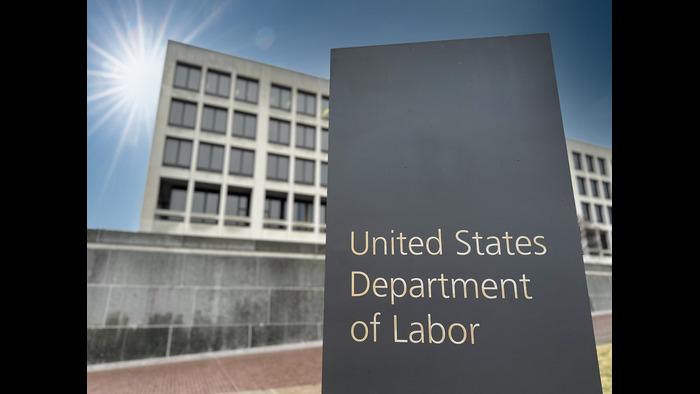PRO Act Would Cause More Supply Chain, Workforce Chaos
- By [ Evan Armstrong ]
- 07/05/2022
If these were not concerning enough, President Biden recently spoke at the AFL-CIO conference and tripled down on outdated policies that will hurt the economy, and workers – saying, “That’s why I continue to call on Congress to finally pass the PRO Act which will make it easier for workers to organize.” Fortunately, enough Democratic senators understand the negative impacts of the PRO Act to slow its advancement; however, the President continues to make it a priority.
The problem with the President’s position on the PRO Act is that it cuts completely against his mission to ensure supply chain resilience. Specifically, the PRO Act would allow for secondary activity including picketing, strikes, and boycotts directed at neutral third parties that are not involved in a labor dispute. For example, the Teamsters could picket and block shipments to a retail warehouse because they want to organize a trucking company. Allowing secondary activity aimed at a neutral retailer would cause significant economic impact throughout the supply chain where multiple businesses including retailers, suppliers and distributors work together to get goods to consumers.
Furthermore, the PRO Act would undermine these complex relationships by implementing a “joint employer” standard, which would make a retailer subject to a union activity from an organizing drive at a supply chain partner. And if that isn’t enough, the bill would implement the damaging ABC test, which would substantially reduce opportunities for independent contractors in trucking and other areas of the retail industry.
It is vital the President understand that the National Labor Relations Act was implemented to ensure labor peace. However, during the initial decades of the NLRA, unions undertook violent, coercive, and damaging activities against workers, employers, and the economy. For this reason, Congress passed, over President Truman’s veto, the Taft-Hartley Act which sought to curb the abusive practices of unions and preserve the peace originally sought by the NLRA.
It is these reforms that have steadied labor relations over the last 70 years and provided certainty about the efficacy of American supply chains. The PRO Act seeks to repeal Taft-Hartley and the President knows this. Now is not the time to return to the labor violence in the 1930s and 1940s. His and the administration’s focus should be on policies that promote an effective supply chain and a growing 21st Century Retail Workforce that is diverse, innovative, and skilled.
Tags
-
Public Policy
-
Supply Chain
-
Workforce



